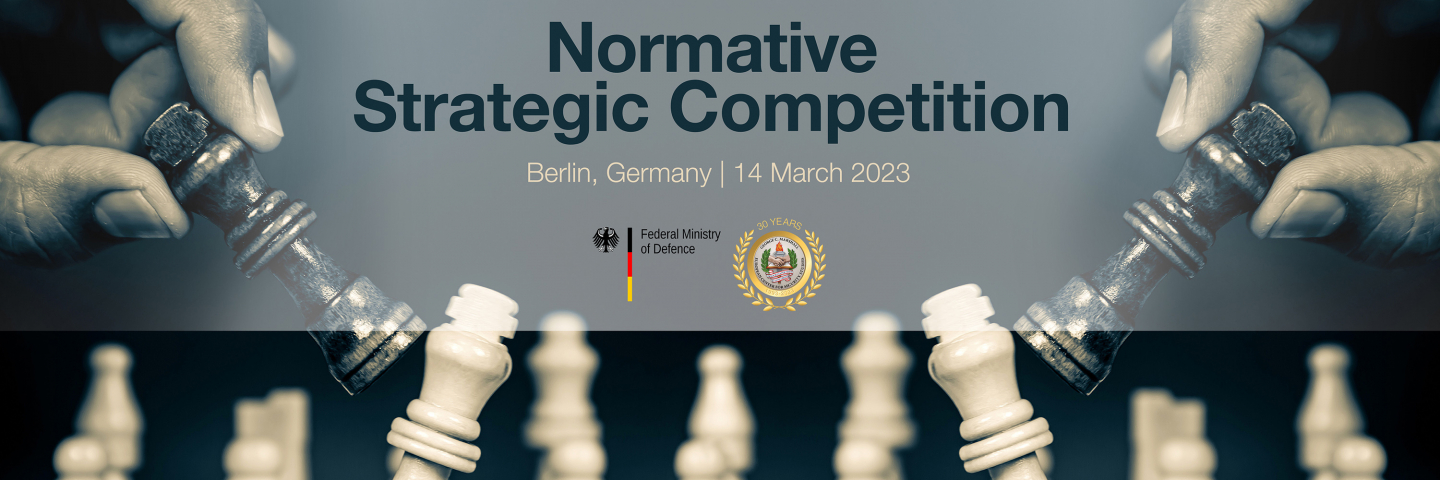
Normative Strategic Competition in an Era of Choice
Introduction
We are entering an undetermined period of protracted systemic rivalry. Its implications and consequences are poorly understood. Stereotypes, though, abound: normative Strategic Competition (NSC) takes place between apparently hapless liberal democracies suffering from “Westlessness”, a neo-imperialistic and aggressive Russia, and an increasingly assertive China. In reality, multiple competitions have been and are now ongoing within and between economic, technological, military, regional, cultural and ideological sectors and spheres. Spoiler alert: this phenomenon is not new. Historically, a hybrid world order has always been the norm. In the 1990s the Clinton doctrine of “enlargement and engagement” was rooted in a modernization theory based on the notion of market-democratic universalism – a linear extrapolation from the Euro-Atlantic experience of modernization and then transposition to a global context. China under Xi Jinping demonstrates a middle class can rise out of poverty and still remain loyal to a one-party surveillance state. One can be prosperous and communist. The collapse of Weimar Germany in the face of a global depression in the late 1930s demonstrated that democratic values alone are not enough, prosperity is essential. This point itself was underscored by Germany’s “economic miracle” in the 1950s. The experiences of structural military intervention, regime change and attempted democratization in Iraq in 2003 and Libya in 2011 demonstrated that for transformation to succeed it must be internally driven, be acceptable to given societies, affordable and appropriate to different strategic contexts.
There is not one understanding of the liberal international order and this order is itself contested. There are important cultural differences and similarities between democratic societies. Values may be shared but they are shared differently. The relationship between values and interests results in different pragmatic trade-offs at the local, national and international levels, with trust and confidence highest at the local level. We see formally democratic states with autocratic/nationalist features, using strategic competition to their advantage (e.g. Turkey or India). Differences, however, should not be exaggerated. Russia’s full-scale multi-axis invasion of Ukraine on 24 February 2022 put paid to the Robert Kagan thesis of 2003 that: “Americans are from Mars, Europeans are from Venus, they agree on little and understand each other even less.” Russia’s imperial aggression created near unanimity and convergence of threat perception in the ‘political West’. As Germany’s foreign minister noted: “We have woken up in a different world today.” This shift from the idea of post-power politics back to the reality of the utility of military power as an instrument of policy is also characterized convergence of threat perception over China. Despite this, a European Council on Foreign Relations report highlights a key concern: while democracies may be united as ever before – able to emphasize the stability and resilience of the systems themselves in countering external malign influence –their influence globally is diminishing.
The George C. Marshall European Center for Security Studies in Garmisch-Partenkirchen, Germany is a German-American partnership and trusted global network promoting common values and advancing collaborative geostrategic solutions. The Marshall Center’s mission to educate, engage, and empower security partners to collectively affect regional, transnational, and global challenges is achieved through programs designed to promote peaceful, whole of government approaches to address today’s most pressing security challenges. Since its creation in 1992, the Marshall Center’s alumni network has grown to include over 15,000 professionals from 157 countries. More information on the Marshall Center can be found online at www.marshallcenter.org.
The Clock Tower Security Series provides short summaries of Seminar Series hosted by the George C. Marshall European Center for Security Studies. These summaries capture key analytical points from the events and serve as a useful tool for policy makers, practitioners, and academics.
This summary reflects the views of the authors (Graeme P. Herd, Falk Tettweiler, Katrin Bastian and Frank Hagemann) and are not necessarily the official policy of the United States, Germany, or any other governments.